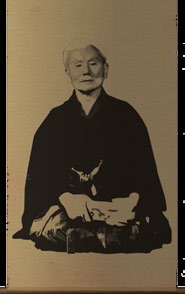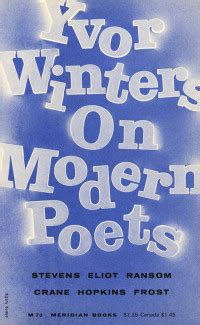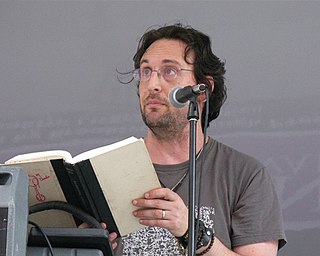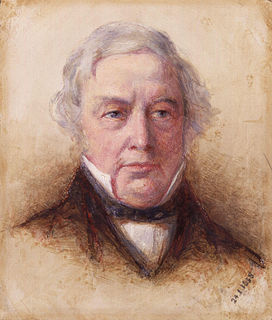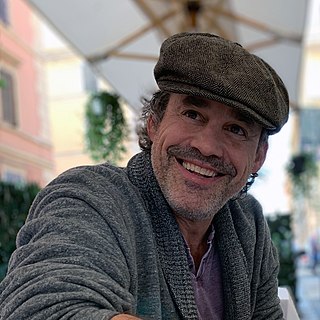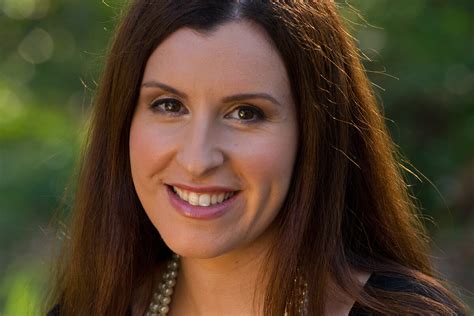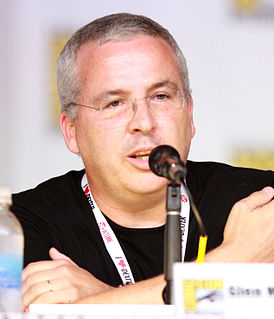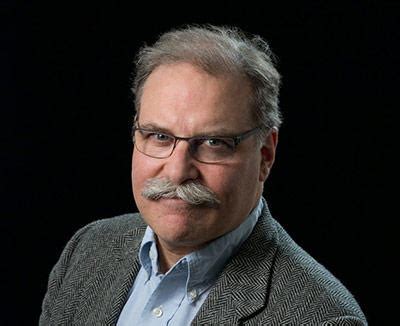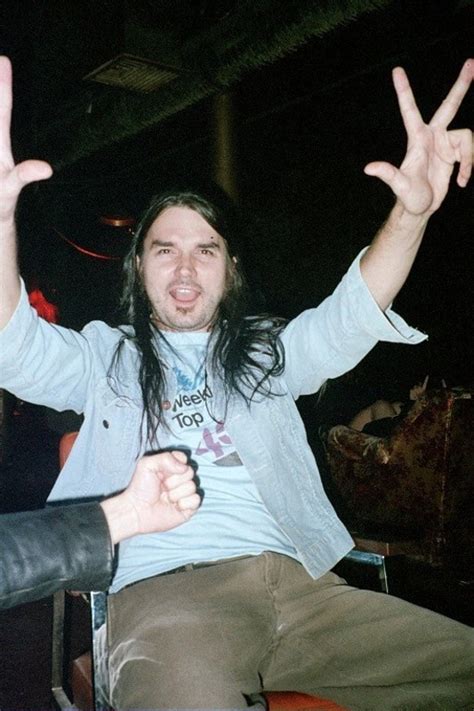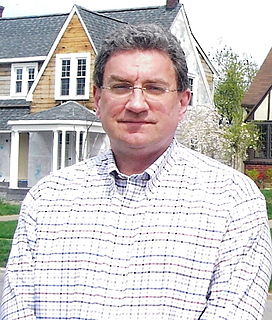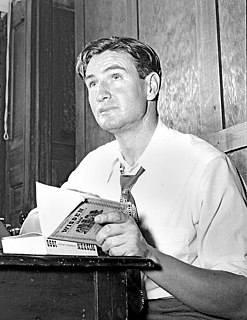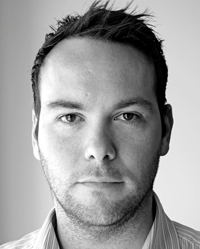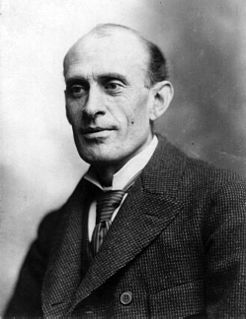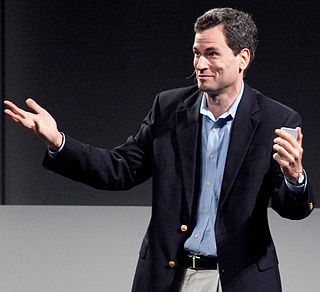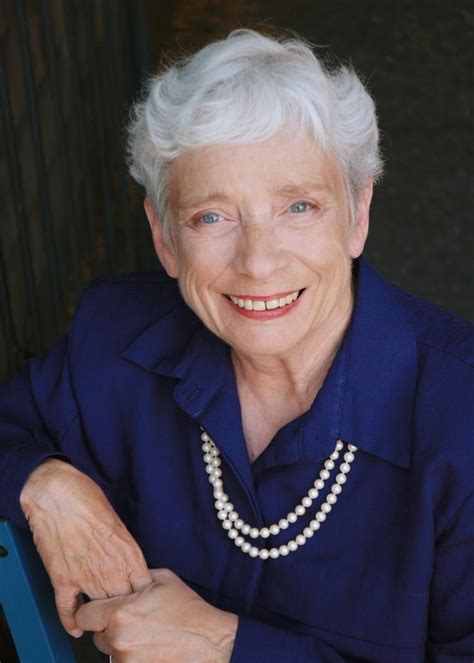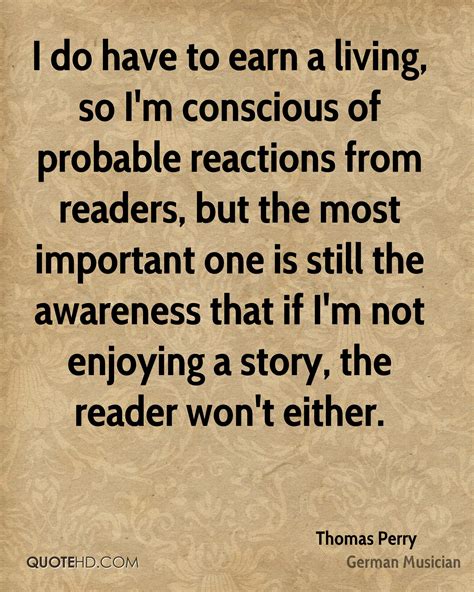Top 1200 Book Learning Quotes & Sayings - Page 19
Explore popular Book Learning quotes.
Last updated on December 18, 2024.
Of all man’s instruments, the most wondrous, no doubt, is the book. The other instruments are extensions of his body. The microscope, the telescope, are extensions of his sight; the telephone is the extension of his voice; then we have the plow and the sword, extensions of the arm. But the book is something else altogether: the book is an extension of memory and imagination.
There's a part of me with every book that thinks, What would it have meant for me tohave had this book when I was a kid? I decided to create a book for girls like me. The Littlest Bigfoot is about bullying and body image and girls who don't fit in. It's like training wheels for my adult books - like Sex and the City, but with 12-year-olds.
It took me forever, learning improvisation, because I had studied with Lee Strasberg - I dropped out of Chicago and went to his classes in New York for a couple of years, once or twice a week. What I didn't realize was I was learning directing because he wasn't all that good about acting, not for me.
My definition of learning is to remember what you are interested in. If you don't remember something, you haven't learned it, and you are never going to remember something unless you are interested in it. These words dance together. 'Interest' is another holy word and drives 'memory'. Combine them and you have learning.
Writing my first book, I think in hindsight I went into it saying, 'It's gonna sell.' I was earning enough to scrape by sometime around a book or two before 'Tell No One.' I moved up from $50,000 to $75,000, then $150,000 for each book. I had never thought I would be doing anything else. I had enough encouragement.
If we study learning as a data science, we can reverse engineer the human brain and tailor learning techniques to maximize the chances of student success. This is the biggest revolution that could happen in education, turning it into a data-driven science, and not such a medieval set of rumors professors tend to carry on.
The proper aim of education is to promote significant learning. Significant learning entails development. Development means successively asking broader and deeper questions of the relationship between oneself and the world. This is as true for first graders as graduate students, for fledging artists as graying accountants.
When I was very young, one of my favourite books was Captain's Courageous and I suppose one of the reasons I loved it, it was a life I knew I should have had, learning all the different bits of the ship and learning to catch fish and rig sails and to -all the things that I never learned and I never learned the discipline, but I hungered after it.
If my novel gets any attention in Bulgaria, it will be as a scandal: a book about a teacher at a famous school and his relationship with a prostitute. I doubt very much it will be evaluated on its merits as literature. If Bulgarian were the book's only language, that would be painful and limiting to me as a writer. Since my book also exists in English - where it isn't scandalous at all - I feel comfortable with the possibility of scandal.
Books are good but they are only maps. Reading a book by direction of a man I read that so many inches of rain fell during the year. Then he told me to take the book and squeeze it between my hands. I did so and not a drop of water came from it. It was the idea only that the book conveyed. So we can get good from books, from the temple, from the church, from anything, so long as it leads us onward and upward.
It is because of that balanced relationship to the moment that mindfulness serves as the platform for insight... if we feel an emotion, for example, and struggle against it right away, there is not going to be a lot of learning going on. In the same way, if we are swamped by that emotion, overcome by it, there won't be enough space for there to be learning or insight.
I opposed the Fatwa against Salman Rushdie. I read the book and took a critical distance. I did not think The Satanic Verses is a blasphemous book. I did not consider the book as being a great read, but as an intellectual I read, I assess, and I respond. I make a difference between true freedom of expression to which we owe a response and provocation, which we ignore.
Well, Thanksgiving we'll all gather at my house for dinner and we usually do Christmas at Beau's house. My mom is still feisty and kicking. She's 92. I saw her last night and she published a book at 90. It's a wonderful book called "You Caught Me Kissing" and it's basically love-poems that she wrote for my dad. It's more than that, it's a wonderful book.
The promise of learning is a delusion.... Tomorrow would alter the sense of what had already been learned, that the learning process is extended in this way, so that from this standpoint none of us ever graduates from college, for time is an emulsion, and probably thinking not to grow up is the brightest kind of maturity for us, right now at any rate.
We pay a heavy price for our fear of failure. It is a powerful obstacle to growth. It assures the progressive narrowing of the personality and prevents exploration and experimentation. There is no learning without some difficulty and fumbling. If you want to keep on learning, you must keep on risking failure-all your life.
It's horrible for someone to listen to someone learning any instrument - when I was first learning the banjo, I used to have to go out and sit in the car, and even in the summertime I'd have to roll up the windows. Because you just couldn't practice a banjo or a fiddle with other people around. Unless they're being paid.
The only power source a book needs is you. If you have to leave for a few minutes you have not lost the story. It is waiting for you when you return. You can pick up a book and resume reading at any time, after a few minutes, a few days, even a few years. A television picture or a movie might be lost forever, but your book is waiting.
I wrote a book called 'Doll Bones', which was another middle-grade book, and when I was writing it, I needed a place in the U.S. that made bone china. And there are only two places in the U.S. that make bone china. They made it by grinding down actual cow bones. It was a plot point. It was a creepy doll book.
I have lexical-gustatory synesthesia. I can taste, and always have tasted, words. I remember when I was a kid and learning to read I mentioned to my mom that certain words I was learning tasted certain ways, thinking everyone was like that, and didn't understand why she didn't get what I was saying.




